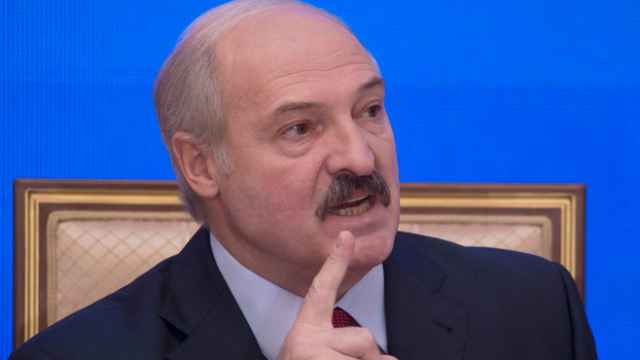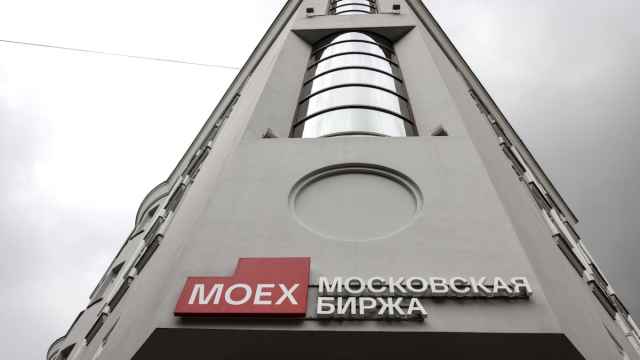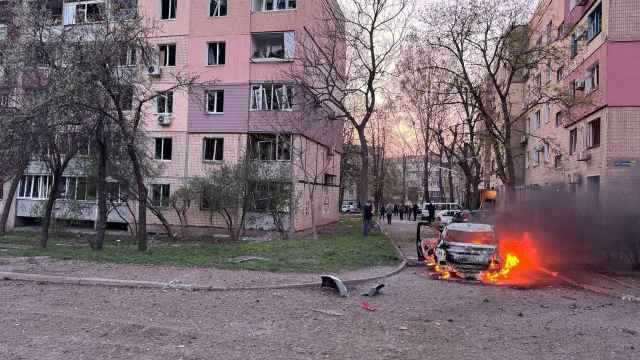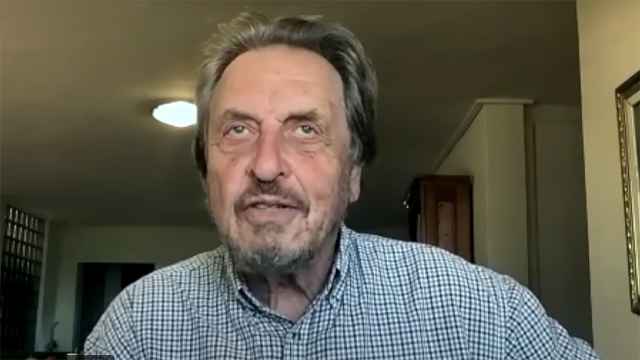Belarussian President Alexander Lukashenko told his annual news conference on Thursday that his country was a sovereign, independent nation that could not be handed over to anybody.
At the same news conference, Lukashenko also raised the specter of the Ukrainian conflict spreading to Belarus, re-asserted Belarus's independence and sought to reassure Belarussians that he would continue to bring them stability without upheaval.
"As for conversations that Belarus is some kind of a part of the Russian world ... Belarus is a sovereign, independent state ... There are hundreds of thousands of armed people lined up behind me," he said.
Referring to the conflict in neighboring Ukraine, which has cost more than 5,000 lives, he spoke of the need for greater border protection. He said he could not imagine "that a Russian man could come to Belarus to fight."
Mishandling of the economy by, say, introducing "shock therapy" could lead to pitched battles in the streets of Belarus, he said. "There could be 'Maidans'," he said, referring to the street protests that ousted a Moscow-backed president in Ukraine almost a year ago.
Lukashenko has ruled the country of 9.5 millions since 1994. The United States once referred to as Europe's 'last dictator' and he remains shunned by the West because of his autocratic style at home.
On Thursday, he said that if he was "alive and healthy" he would run again for president at the end of this year in what will be his fifth term of office.
During his long rule, Lukashenko has frequently sought to play off Russia against the West. He was quick to contradict those who saw Belarus as "some sort of part of the Russian world." But analysts say, despite occasional swipes at Moscow, he rarely strays far enough in policy to anger the Kremlin.
A Message from The Moscow Times:
Dear readers,
We are facing unprecedented challenges. Russia's Prosecutor General's Office has designated The Moscow Times as an "undesirable" organization, criminalizing our work and putting our staff at risk of prosecution. This follows our earlier unjust labeling as a "foreign agent."
These actions are direct attempts to silence independent journalism in Russia. The authorities claim our work "discredits the decisions of the Russian leadership." We see things differently: we strive to provide accurate, unbiased reporting on Russia.
We, the journalists of The Moscow Times, refuse to be silenced. But to continue our work, we need your help.
Your support, no matter how small, makes a world of difference. If you can, please support us monthly starting from just $2. It's quick to set up, and every contribution makes a significant impact.
By supporting The Moscow Times, you're defending open, independent journalism in the face of repression. Thank you for standing with us.
Remind me later.





